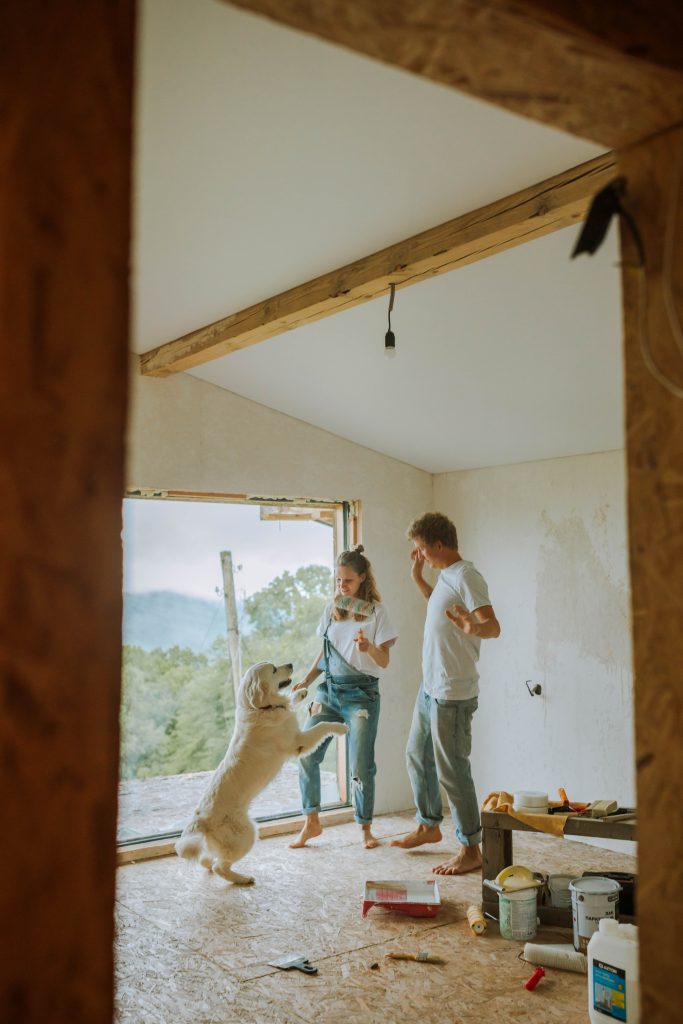YOUR FINANCES
Applying for a home loan
Before you consider applying for a home loan, check you are eligible. In Australia you must be aged 18 and over, a citizen or permanent resident, or married or in a de facto relationship with someone who fits the criteria.
Invest in the best
Work with experienced professionals to ensure you get the best possible advice and support. This includes: brokers, builders, property developers and real estate agents. Brokers must be licensed – you can check this on ASIC’s (Australian Securities and Investment Commission) online register. It is recommended you deal with a licensed company or person and ask questions to know where you stand. What commissions do they get, if any? Will they be charging a fee? There are multiple lenders; ensure you shop around for the best option which meets your needs.
First Home Owner Grant of $10,000
Look for down payment assistance such as grants and other programs. You can receive the First Home Owner Grant of $10,000 if the value of your home is equal or less than $750,000. To be eligible, the home must not have been previously sold or occupied. You will have to pay stamp duty on your purchase but there are also exemptions and concessions for these. Find out more information about the First Home Owner Grant at https://www.sro.vic.gov.au/first-home-owner.
Know your credit
Check your credit score and improve it, if possible, as this will show lenders what type of borrower you are and they are more likely to approve your loan application. Your credit score is based on: your amount of available credit; credit card limits; overdraft protection amounts; other lines of credit you have; and how much you use. In terms of a percentage, your credit should ideally be 30 percent or lower.
Work out your budget
Plan out your budget for when you own a home. How much do you need for utilities, food, and other necessities, as well as the repayments? Work out what you can afford, especially if interest rates go up. It is better to err on the side of caution and make realistic estimates.
Do your due diligence
There are other processes you can undertake to safeguard your money and time when buying your first home. Acquiring pre-approval for a loan gives you an idea of your maximum purchase price and if your situation meets lending criteria. That way, if you put down a deposit after winning an auction, you won’t waste time applying for a mortgage that may be declined. Pre-approvals can range from a fillable online form which takes a few minutes, to a formal document written and signed by you and the lender. They can’t be relied on completely but they are a good starting point. Furthermore, if you are purchasing an existing home, we recommend hiring a licensed building inspector to check the quality of the house and for any issues before you purchase.



